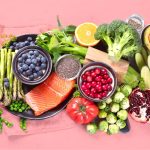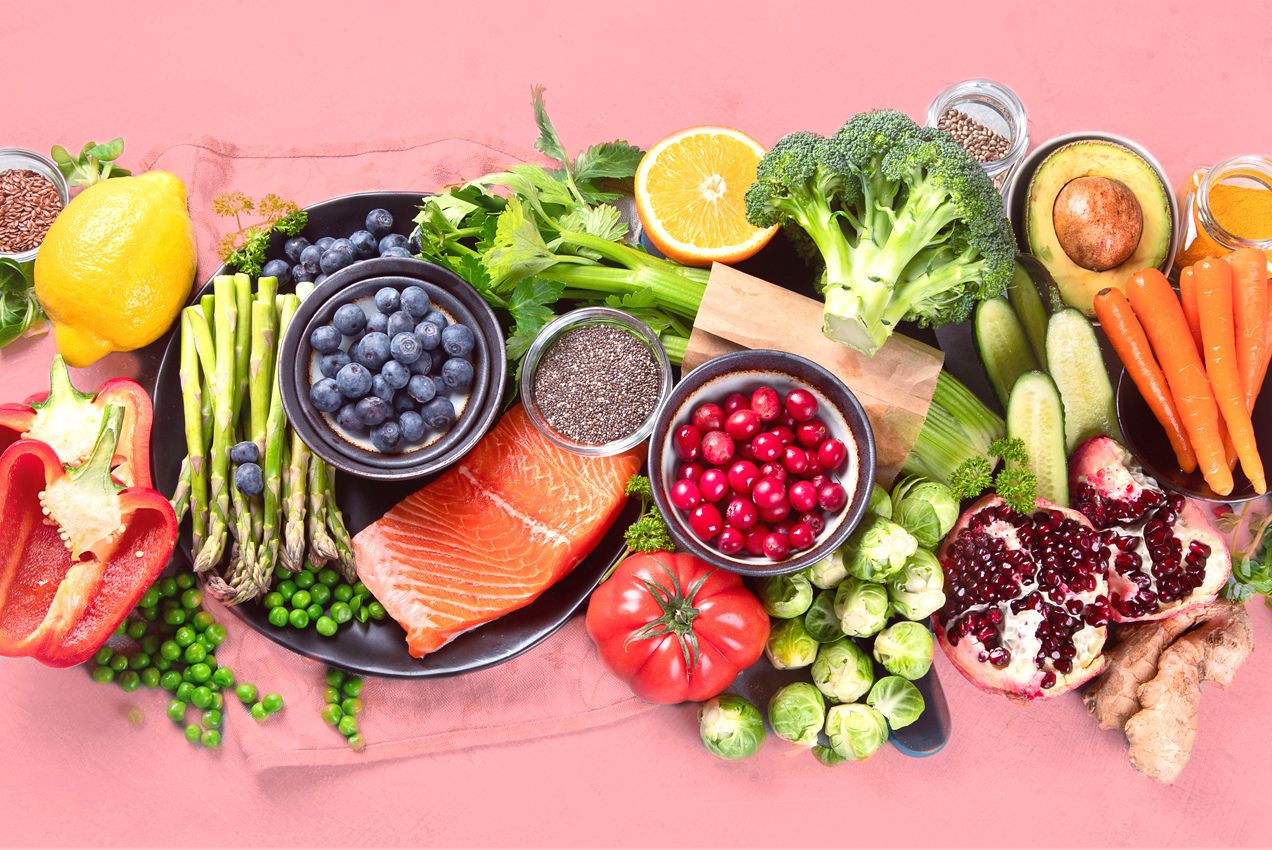

The relationship between food and mental health It is a topic that has gained special relevance in recent years. Numerous studies have shown that what we eat not only affects our physical health, but also our emotional and mental well-being. In fact, the impact of diet on brain function and mood is supported by a growing body of research suggesting that certain nutrients may play a key role in the development and treatment of disorders such as depression, anxiety, and anxiety. stress.
The link between diet and mental health
The brain is one of the most complex organs in the human body and requires a significant amount of energy and nutrients to function optimally. Various investigations have shown that A balanced diet, rich in specific nutrients, can help keep the brain healthy and improve mood. However, a poor diet can have adverse effects on our mental health.
A study published in the journal The Lancet Psychiatry emphasizes that People who eat a diet high in ultra-processed foods and low in essential nutrients are more likely to suffer from mental health problems. Among the most important nutrients for brain function are omega-3 fatty acids, magnesium, B vitamins, zinc, and antioxidants.
All of them help protect the brain from oxidative stress and promote the production of neurotransmitters such as serotonin. The so-called “hormone of happiness”.
Key nutrients for good mental health
- omega-3 fatty acids. Omega-3 fatty acids are essential components of cell membranes in the brain and play a crucial role in neuronal function. These fatty acids, found in fatty fish such as salmon, sardines and tuna, are known for their anti-inflammatory effects and improving brain plasticity. Several studies suggest that an omega-3 deficiency is linked to an increased risk of depression and mood disorders.
- B complex vitamins. B vitamins, especially B6, B9 (folic acid), and B12, are essential for the production of neurotransmitters that regulate mood and cognitive function. A deficiency of these vitamins can lead to the appearance of depressive symptoms and cognitive impairment. Folic acid, found in leafy green vegetables such as spinach and broccoli, is necessary for the synthesis of serotonin and dopamine.
- Magnesium. Magnesium is another essential mineral that plays a role in regulating neurotransmitters and nerve function. Lack of magnesium in the diet can contribute to stress, anxiety and irritability. According to a study published in The Journal of the American Board of Family Medicinepeople who consume less magnesium are more likely to suffer from depressive symptoms and anxiety.
- Antioxidants. The brain is particularly vulnerable to oxidative damage due to its high oxygen demand. Antioxidants, such as vitamin C and vitamin E, protect the brain from damage caused by free radicals, which can contribute to brain aging and the development of neurodegenerative disorders. Antioxidants are found in fresh fruits and vegetables, such as citrus fruits, berries, spinach, and peppers.
Foods that promote mental health


- fatty fish. Salmon, sardines and tuna are rich in omega-3s, which, as we mentioned above, are essential for emotional well-being. These fish not only help reduce inflammation in the brain, but also promote communication between neurons, which improves mood and ability to concentrate.
- Fresh fruits and vegetables. Fruits and vegetables are packed with vitamins, minerals and antioxidants that protect the brain and improve emotional well-being. Leafy green vegetables, such as spinach and broccoli, are especially important due to their high folate content, which aids in the production of serotonin.
- Nuts and seeds. Nuts such as almonds, walnuts and flax seeds are rich in magnesium, vitamin E and omega-3 fatty acids. These foods help reduce stress and inflammation, promoting a calmer mind and better mood. In addition, its tryptophan content promotes the production of serotonin, which contributes to improving general well-being.
- Whole grains. Whole grains, such as oats and brown rice, are excellent sources of complex carbohydrates, which help stabilize blood sugar levels and provide a steady release of energy. This can prevent sudden mood swings and mental fatigue, which are often associated with a diet high in simple sugars and processed foods.
Foods that negatively affect mental health


- Added sugars. Excessive consumption of refined sugars and ultra-processed foods can negatively affect mental health. A 2019 study in the journal Nutritional Neuroscience showed that diets high in added sugars are related to an increased risk of depression and anxiety. This is because rapid spikes in blood sugar can cause sudden changes in energy levels and affect neurotransmitter balance. Additionally, high-sugar foods affect the gut-brain axis, a two-way communication channel that connects the gastrointestinal tract to the brain. A diet high in refined sugars can alter the intestinal microbiota, which can affect emotional well-being.
- trans fats. Trans fats, found in ultra-processed and fried foods, have been linked to an increased risk of depression and anxiety. These fats increase inflammation in the body and brain, which can affect the production of neurotransmitters like serotonin. A study published in PLoS One found that people who consume large amounts of trans fats have up to 48% increased risk of developing depression.
- Excess caffeine. Although caffeine in moderate amounts can improve concentration and alertness, excessive consumption can increase anxiety levels and contribute to insomnia problems, affecting long-term mental health. People who are especially sensitive to caffeine may experience jitters and mood changes after consuming caffeinated beverages such as coffee or energy drinks.